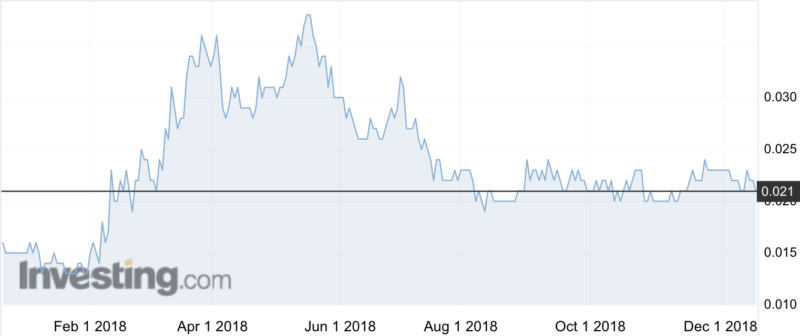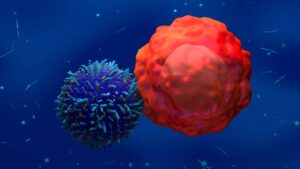Imugene’s gastric cancer drug clears first safety hurdles

Picture: Getty Images
Cancer fighter Imugene’s gastric cancer drug is safe and well tolerated, and the company will look to move into phase 2 trials by early next year.
Imugene (ASX:IMU) believes cancer patients’ immune systems are the key to fighting gastrointestinal cancer. It is developing a suite of immunotherapies that seek to activate the immune system in cancer sufferers to treat and eradicate tumours.
And it has now passed the first clinical trial hurdle, with its HER-Vaxx gastric cancer vaccine found to be safe and tolerable in a phase 1b trial in patients expressing the HER-2 target protein.
However, the company’s shares fell ever so slightly on the news, down 5pc to 2.1c.
HER-2 is a cancer growth signal receptor protein which is found on the cell surface in breast and gastric cancers.
The phase 1b study saw 14 patients tested across three dose levels of HER-Vaxx combined with current standard care chemotherapy and accepted drugs cisplatin and fluorouracil or capecitabine.
The phase 2 trial will see 68 gastric cancer patients in Asia, eastern Europe and India over-expressing HER-2 tested with a 50mg dose of HER-Vaxx.

Leslie Chong, chief of Imugene, said the company was pleased its drug had successfully met the primary endpoints of the phase 1b trial.
“We would like to sincerely thank the medical researchers and patients who participated in this study,” she said.
“Together we are cautiously encouraged by meeting all the endpoints of the study and data from the top-line results in a small sample size, in particular the five patients whose best response showed more than 30 per cent decrease in their tumour size from baseline scans.
“With these early results from the HER-Vaxx clinical study, Imugene’s B-cell active immunotherapy approach is showing positive signs which provides us with further confidence in our B-cell immunotherapy pipeline.
“This is a promising milestone for Imugene and the many medical professionals seeking treatments for patients with advanced gastric cancer who often have very few medical options.”
UNLOCK INSIGHTS
Discover the untold stories of emerging ASX stocks.
Daily news and expert analysis, it's free to subscribe.
By proceeding, you confirm you understand that we handle personal information in accordance with our Privacy Policy.








